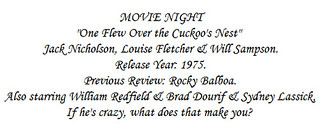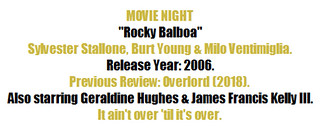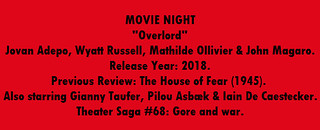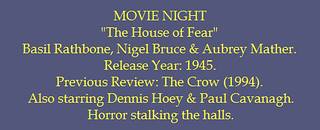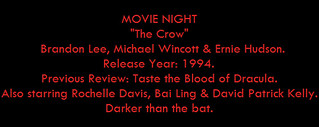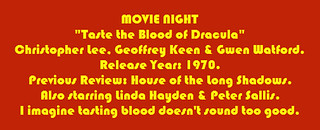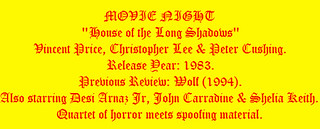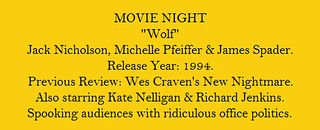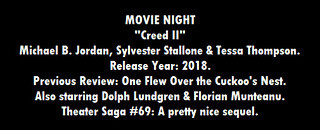
Review #1165: Creed II.
Cast:
Michael B. Jordan (Adonis Creed), Sylvester Stallone (Rocky Balboa), Tessa Thompson (Bianca Taylor), Dolph Lundgren (Ivan Drago), Florian Munteanu (Viktor Drago), Phylicia Rashad (Mary Anne Creed), Andre Ward (Danny "Stuntman" Wheeler), Wood Harris (Tony "Little Duke" Evers), Brigitte Nielsen (Ludmila Drago), Milo Ventimiglia (Robert Balboa), and Russell Hornsby (Buddy Marcelle) Directed by Steven Caple Jr.
Review:
Creed (2015) certainly was a big surprise for numerous reasons. I certainly didn't expect another installment of the Rocky series, particularly a spin-off with Jordan in the lead role and Ryan Coogler writing and directing. The result was a film that ranks up there as one of the better Rocky films, being just as good (if not better than) as Rocky II (1979). With the resulting success that came from the film, obviously a follow-up would be expected, with a good chunk of the cast from the previous film returning alongside a few new and a few familiar faces, although Coogler now only serves as an executive producer. The writing credits certainly are different this time around, with Stallone co-writing the screenplay alongside Juel Taylor while the story was done by Sascha Penn and Cheo Hodari Coker. It certainly feels that Stallone wanted in some way to make a better sequel than the ones that had followed up the original, particularly III through V, and there are quite a few beats that seem a bit familiar. However, the best that can be said for this movie is that it is quite entertaining, with Jordan and Stallone headlining a fairly game cast that make the experience worth it. Jordan does a fine job in keeping things fresh and interesting that one would expect from a lead, handling himself in the boxing sequences fairly well. Stallone, in his eighth reprisal of the character, manages to retain the same kind of charm and quality as expected from him for the scenes he is in. Thompson also delivers a fine performance, with her and Jordan having good chemistry once again. Lundgren is fun to watch, being more of a character to watch this time around with a bit of grizzled depth - he's actually more interesting to be around with than his on-screen son (Munteanu, who does fine with the boxing sequences at least). The rest of the cast all do their parts just fine. The film is privy to a handful of cliches for the sports film (much like any of the previous Rocky films, although not as silly), being a bit predictable at times, although the boxing scenes are up to code once again, leaving a good punch. The run-time of 130 minutes is manageable, and on the whole I'm sure that this film will serve its purpose of entertainment just alright, working as a mostly solid follow-up to the first film while leaving room for the desire to want to see another one of these down the road.
Overall, I give it 8 out of 10 stars.

